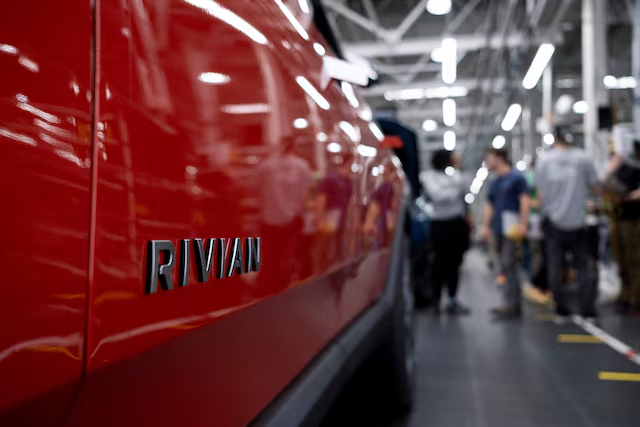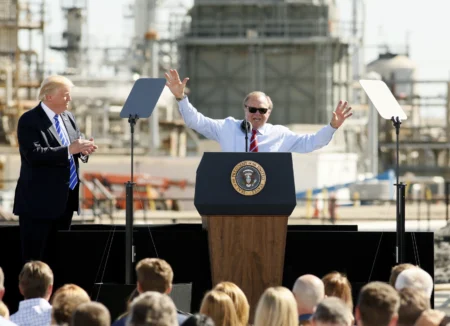Electric vehicle makers Rivian and Lucid have warned of a difficult road ahead as recent policy changes and trade issues disrupt electric car production in the United States.
On Tuesday, both companies reported disappointing quarterly results and issued cautious guidance for the rest of the year. Rivian’s stock fell about 4% after hours, while Lucid’s dropped 7%.
The industry faces mounting pressure from recent decisions under the current U.S. administration. These include removing consumer tax credits for electric vehicles, adding high import tariffs on auto parts, and easing fines for gasoline vehicle emissions. Together, these actions are weakening incentives and increasing costs for EV manufacturers.
Another major concern is China’s restriction on exporting heavy rare earth metals. These materials are vital for electric motors and their reduced availability is disrupting supply chains. The impact is being felt across U.S.-based production lines.
Rivian reported higher costs in the June quarter. The company’s cost per vehicle rose by about 8% from a year earlier, reaching $118,375 for each unit sold. Reuters calculated that this increase stems from lower production volume and rare earth supply challenges.
CEO RJ Scaringe said the higher costs reflect reduced output caused by supply problems, not operational inefficiency. He explained that material costs did not rise, but the total cost per vehicle went up because of fewer cars being built.
CFO Claire McDonough added that Rivian saw a $14,000 increase in cost per vehicle sold in the second quarter. She linked this to reduced production and overall supply chain issues.
To address these challenges, Rivian plans a three-week production shutdown in September. This follows a one-week pause earlier in the year. The shutdown will help integrate new parts and get ready for the launch of its smaller and more affordable R2 SUV in 2026. This new model is seen as a key part of Rivian’s future.
Lucid, meanwhile, has avoided some of the rare earth supply issues by using magnet inventory it had on hand. However, the company’s profits were hit by added costs related to tariffs.
As a result, Lucid lowered its full-year production forecast. The luxury EV maker has struggled to keep costs down as global trade policies shift and expenses rise.
Adding to the industry’s concerns is the looming end of a major federal incentive. The $7,500 EV tax credit will expire at the end of September. This credit has helped drive customer demand and keep prices competitive. Experts believe many buyers will rush to make purchases before the incentive ends, which could boost third-quarter sales.
Despite this short-term boost, analysts warn that the long-term outlook is uncertain. The loss of incentives and increased costs may slow future growth.
Both Rivian and Lucid now face a more complex business environment. They must balance rising expenses, supply chain problems, and reduced consumer support. As the electric vehicle market evolves, success may depend on how quickly they adapt to the changing rules.







